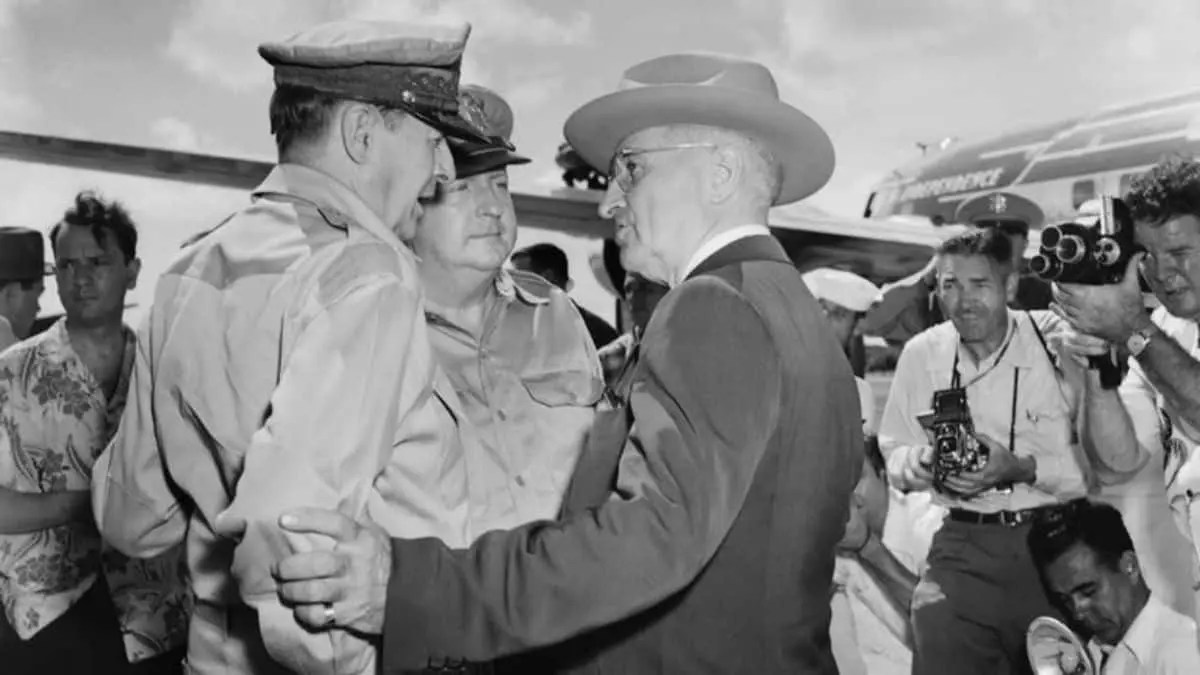What secrets does this day hold, and what stories of intrigue and determination are woven into its 24 hours? Lets look into Major Historical Events on April 11.
Major Historical Events on April 11- Today in History
The Dual Monarchy: Crowning of King William III and Queen Mary II – 1689 AD
In a pivotal moment that would forever alter the course of British history, King William III and Queen Mary II ascended to the thrones of England, Scotland, and Ireland as joint sovereigns. This unique coronation not only symbolized the unification of crowns but also the beginning of a new era in which the balance of power began to shift towards a constitutional monarchy.
Napoleon’s Abdication: An Empire’s End – 1814 AD
In the face of invasion and internal pressure, Napoleon Bonaparte abdicated unconditionally at Fontainebleau in 1814, marking the end of his rule and a turning point in European history. This momentous event signaled the closure of one era and the dawn of another in France’s tumultuous history.
The Cataclysmic Event of Mount Tambora – 1815 AD
In a devastating natural disaster, the eruption of Mount Tambora on the Indonesian island of Sumbawa unleashed its fury, claiming approximately 10,000 lives. This catastrophic event is a grim reminder of nature’s unpredictable power.

Formation of Hungary’s Modern Foundations – 1848 AD
Emperor Ferdinand I of Austria played a pivotal role in the history of Hungary by confirming the March Laws. These laws laid the groundwork for the establishment of the modern Hungarian state, marking a significant milestone in its national evolution.
Dean Acheson: Architect of the Cold War Era – 1893 AD
Born into a world on the brink of monumental change, Dean Acheson emerged as a key figure in shaping the United States’ foreign policy during the Cold War. Serving as Secretary of State and advising four presidents, his contributions were foundational in navigating the complexities of the post-World War II period.
José Julián Martí: Freedom’s Beacon – 1895 AD
Cuban patriot José Julián Martí’s unwavering resolve for independence led him back to his homeland at the forefront of an invading force. His audacious mission sought to sever the colonial chains binding Cuba to Spain, aspiring for a free and sovereign nation.
Truman’s Bold Decision: Relieving General MacArthur – 1951 AD
In a move that underscored civilian control over the military, U.S. President Harry S. Truman made the controversial decision to relieve General Douglas MacArthur of his command during the Korean War. This action highlighted the tensions between military strategies and political objectives.

Andrew John Wiles: Master of Mathematical Mysteries – 1953 AD
Born in Cambridge, England, mathematician Andrew John Wiles would go on to solve one of history’s most perplexing puzzles: Fermat’s Last Theorem. His groundbreaking work not only proved a centuries-old problem but also exemplified the enduring quest for knowledge.
The Judgement of Adolf Eichmann – 1961 AD
The trial of Nazi leader Adolf Eichmann in Jerusalem was a landmark moment in the pursuit of justice. Culminating in the only death sentence ever imposed by an Israeli court, this eight-month trial brought to light the horrors of the Holocaust and the imperative of accountability.
Apollo 13: Triumph in the Face of Adversity – 1970 AD
Launched with the aim of making the third lunar landing, Apollo 13’s mission took a dramatic turn when an oxygen tank exploded en route to the Moon. The ensuing saga of survival and ingenuity underscored the risks and resilience inherent in space exploration.
Idi Amin’s Fall from Power – 1979 AD
Idi Amin, known as the “Butcher of Uganda” for his reign of terror, was forced to flee the country as opposition forces, led by Tanzania, advanced on Kampala. His departure marked the end of a brutal chapter in Uganda’s history.

Kurt Vonnegut: A Literary Giant’s Farewell – 2007 AD
American author Kurt Vonnegut, celebrated for his distinctive blend of satire and science fiction in Novels like Slaughterhouse-Five, passed away at age 84. His legacy endures through his profound and provocative works that continue to challenge and entertain.
Maria Tallchief: America’s Prima Ballerina – 2013 AD
Maria Tallchief, whose remarkable technique and passion for dance elevated her to the pinnacle of ballet in the United States, died at age 88. Her contributions to the arts immortalize her as one of America’s most revered ballerinas.
Also Read: Major Historical Events on April 10- Today in History









